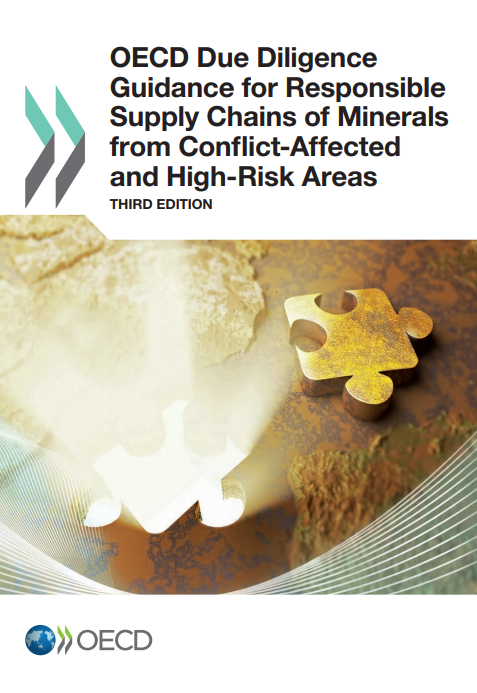Conflict-Affected and High-Risk Areas
Conflict-affected and high-risk areas are identified by the presence of armed conflict, widespread violence or other risks of harm to people. Armed conflict may take a variety of forms, such as a conflict of international or non-international character, which may involve two or more states, or may consist of wars of liberation, or insurgencies, civil wars, etc. High-risk areas may include areas of political instability or repression, institutional weakness, insecurity, collapse of civil infrastructure and widespread violence. Such areas are often characterised by widespread human rights abuses and violations of national or international law.
In conflict-affected and high-risk areas, companies involved in mining and trade in minerals have the potential to generate income, growth and prosperity, sustain livelihoods and foster local development. In such situations, companies may also be at risk of contributing to or being associated with significant adverse impacts, including serious human rights abuses and conflict.
This OECD Guidance (third edition) provides a framework for detailed due diligence as a basis for responsible global supply chain management of minerals. The purpose of this Guidance is to help companies respect human rights and avoid contributing to conflict through their sourcing decisions, including the choice of their suppliers. By doing so, this Guidance will help companies contribute to sustainable development and source responsibly from conflict-affected and high-risk areas, while creating the enabling conditions for constructive engagement with suppliers. This Guidance is intended to serve as a common reference for all suppliers and other stakeholders in the mineral supply chain and any industry-driven schemes which may be developed, in order to clarify expectations concerning the nature of responsible supply chain management of minerals from conflict-affected and high-risk areas.
This Guidance is the result of a cooperative initiative among governments, international organisations, industry and civil society to promote accountability and transparency in the supply chain of minerals from conflict-affected and high-risk areas.

